ZIM-SHEP Project News vol. 26 (October 2024) "Market Survey in Matabeleland North and South in July and August 2024"
The ZIM-SHEP Team conducted Market Surveys by 8 representatives from each of the 6 targeted irrigation schemes in Matabeleland North (Hauke, Tshongokwe, Chentali) and Matabeleland South (Moza, Antelope, Masholomoshe) provinces in July and August 2024 respectively. The Market Survey activities were conducted at boarding schools, supermarkets and traditional open markets. These markets were more profitable than the middlemen who came to the irrigation schemes to buy the produce and the exercise was an eye-opener for farmers who were unaware of the availability of local and more profitable markets.
The targeted beneficiaries collected information on horticultural produce such as quality, quantity, purchase frequency, terms, and mode of payments from the potential buyers based on the questionnaire prepared by the project. Participants also visited input suppliers offering a range of agricultural inputs such as seeds, chemicals and fertilizers. Farmers visited input suppliers and enquired whether they offer free delivery, product discounts and after-sales technical support including setting up demonstration plots.
Prior to the practical market survey, farmers held mock exercises to effectively conduct the actual Market Survey. Through the mock exercises, participants experienced the interactions expected in the Market Survey and became familiar with the contents of the questionnaire. As a result, they managed to conduct the Market Survey smoothly on the day.
Participating farmers appreciated the exercise and made the following remarks:
‘The Market Survey made me aware of my own biases towards marketing. I thought if my product is good, I can easily find buyers. But there are other aspects such as variety, quantity, and consistency in supply that are crucial too’.
‘For a profitable horticulture enterprise, I have realized there is a need to look for many buyers in order to spread the market risk (If we have more information on potential buyers, it would be easier to find alternative buyers in case if something happens to the anticipated buyer. It would reduce the risk in our business in the end.)’.
‘I have realized that even elderly or young people who have never done the Market Survey can also conduct Market Survey utilizing the simple questionnaires that we were given’.
Following the sponsored exercise, farmers are expected to conduct a Market Survey funded by themselves, conduct feedback meetings with the irrigation scheme members and select target crops to grow together based on market findings. Afterwards, farmers will form commodity groups according to the target crop of interest and each group will prepare a crop calendar to be utilized throughout the production and marketing cycle.
The next activity planned is follow-up visits for the market survey funded by themselves, feedback meetings, target crop selection and crop calendar making.
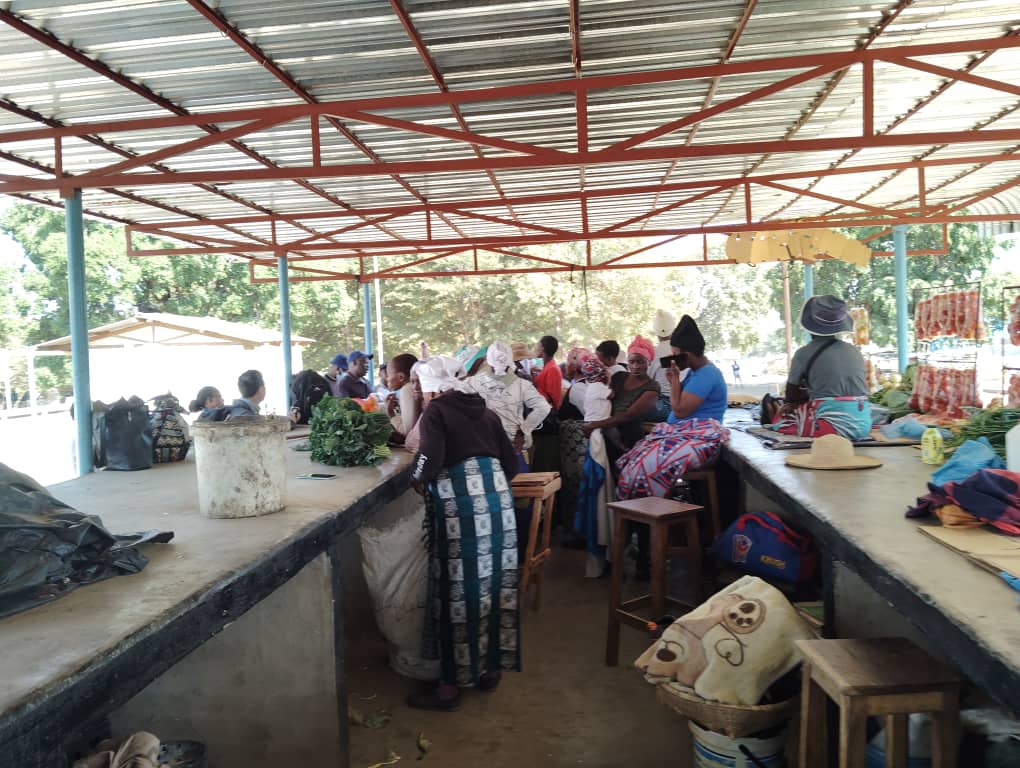
Farmers conducting market survey in open market. (1)
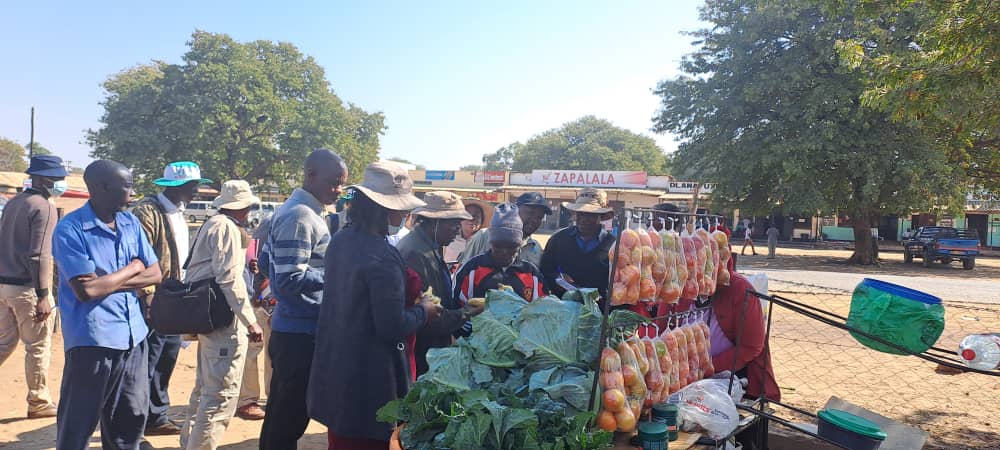
Farmers conducting market survey in open market. (2)

Farmers conducting market survey in open market. (3)
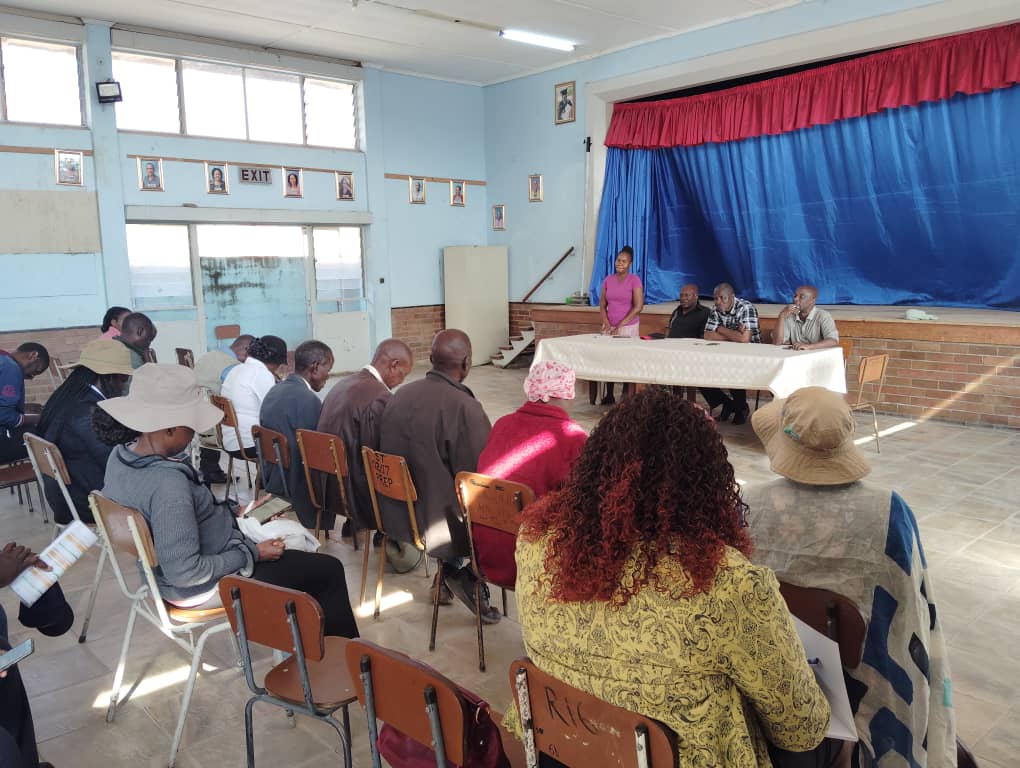
Farmers conducting market survey in boarding school.
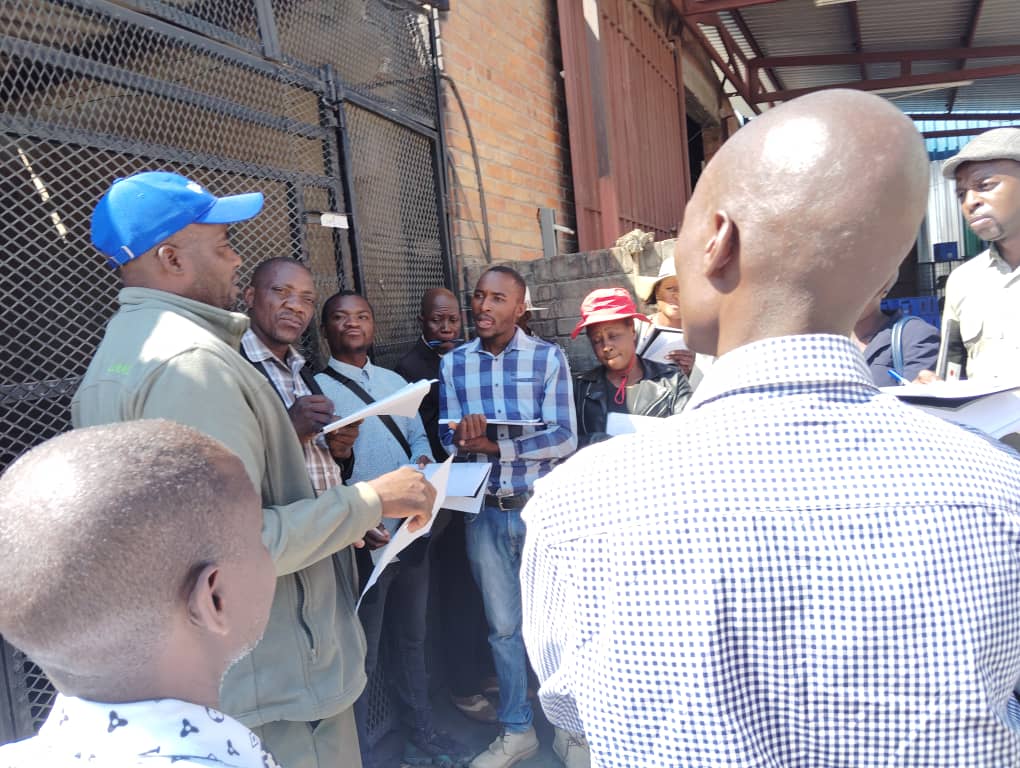
Farmers conducting market survey in a supermarket.
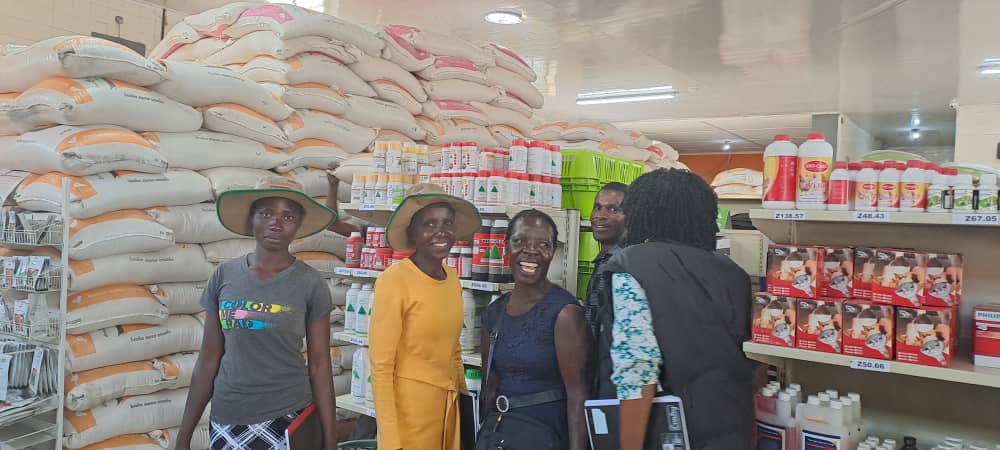
Farmers visiting a input supplier.
